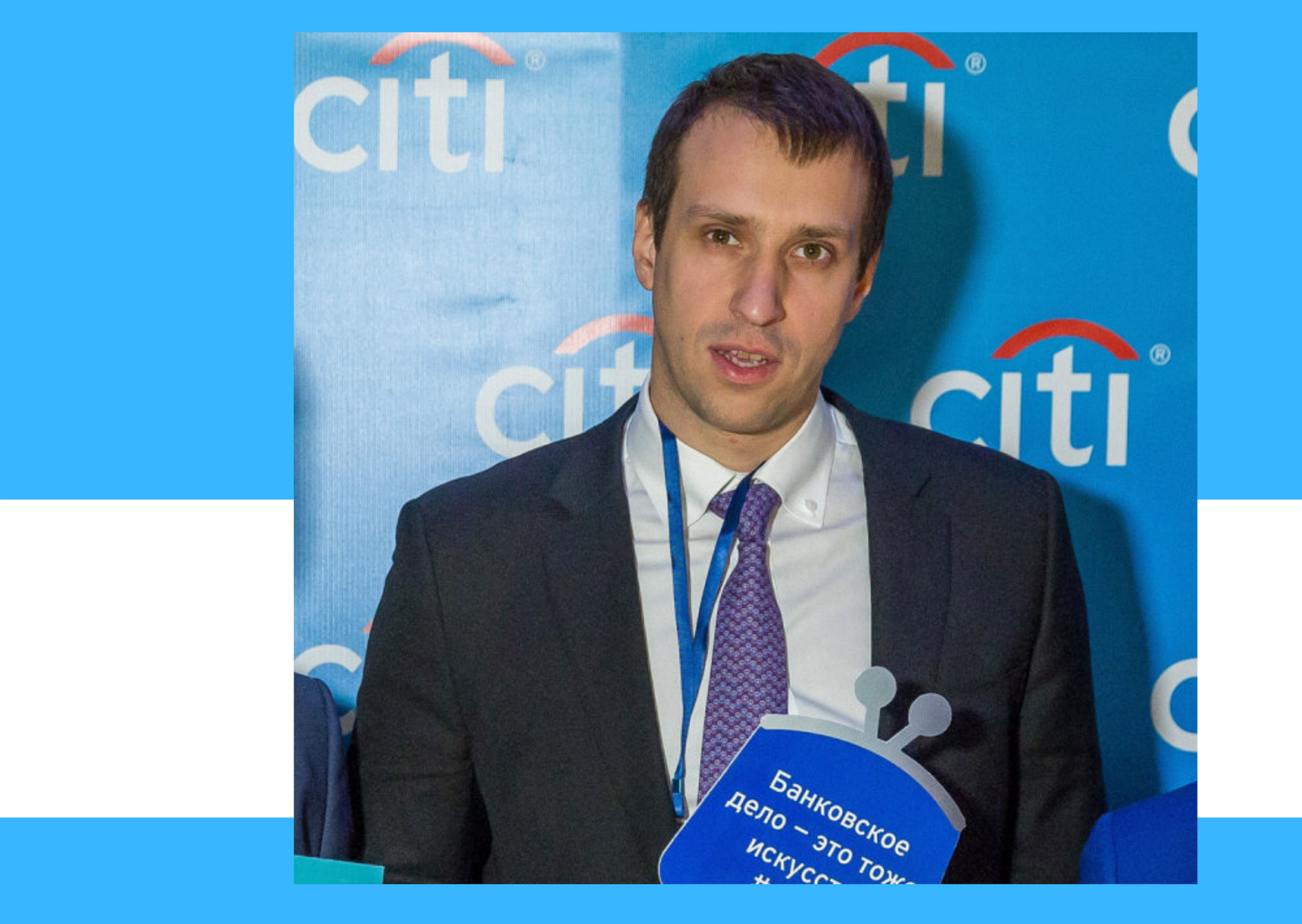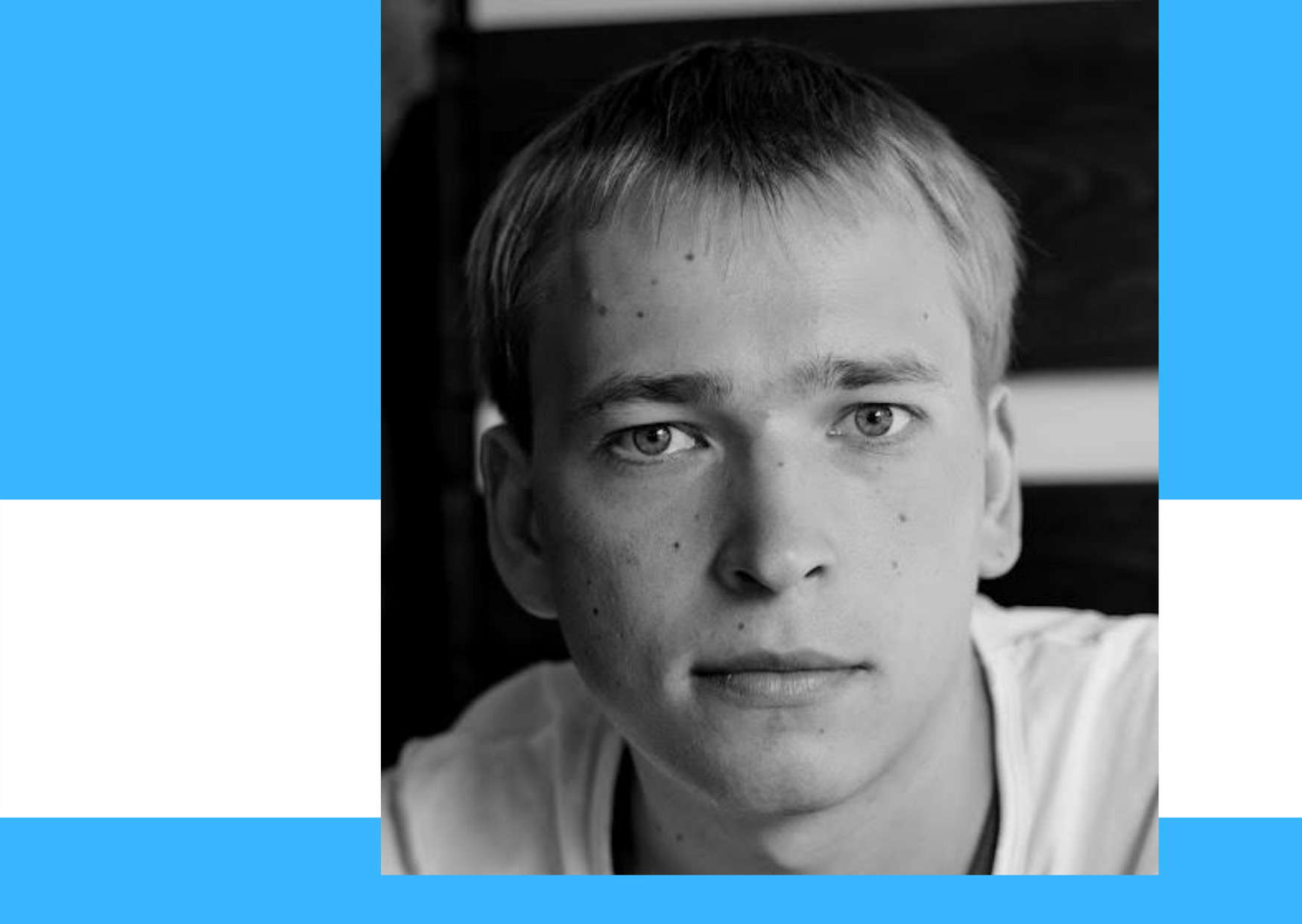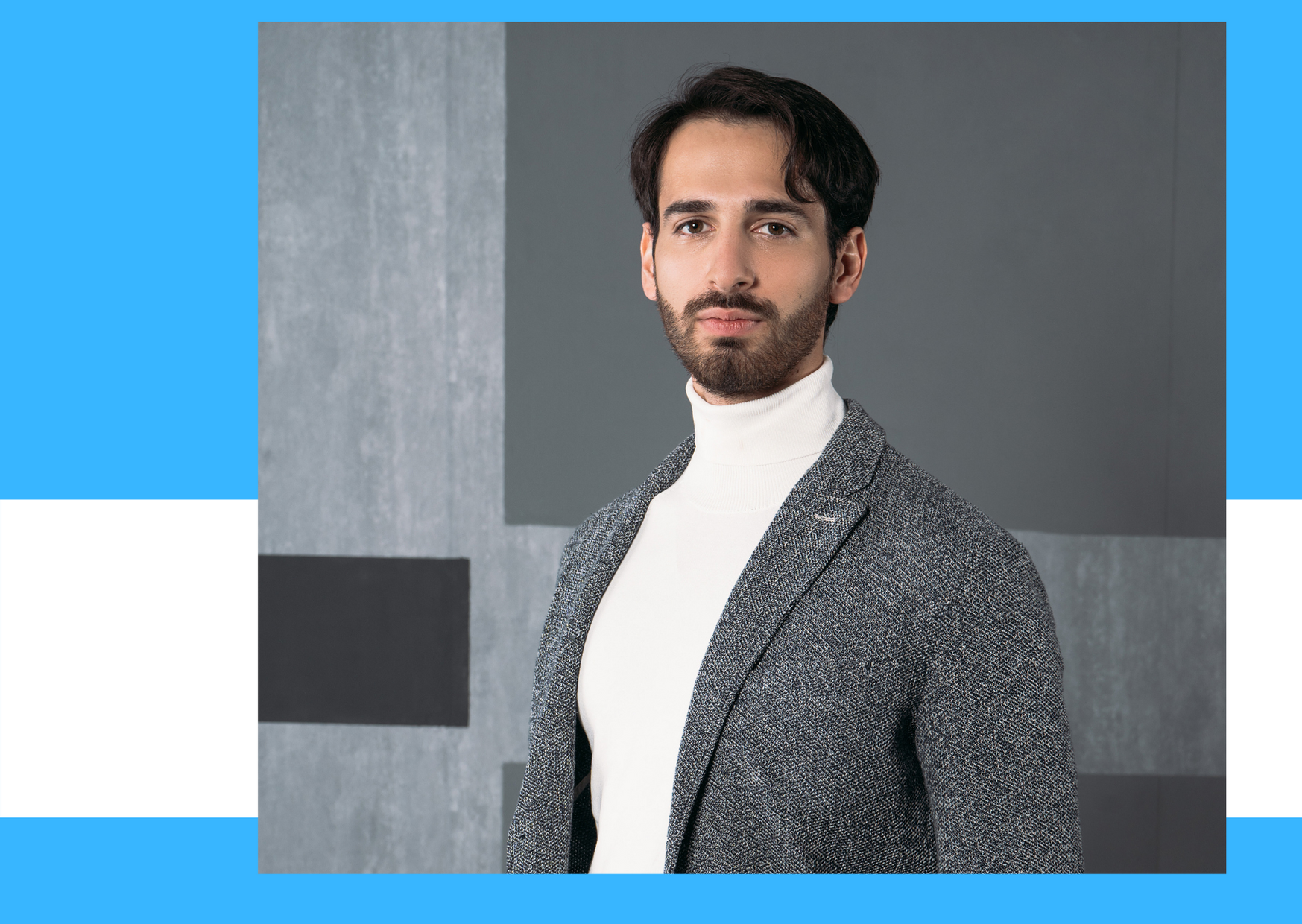ICEF Master’s Graduates Share Life Hacks for Career Success

Sergey Kurdyukov, Director at Citigroup
I was doing my bachelor’s degree at HSE when I decided I wanted to do the master’s at ICEF. Why? That’s a reasonable question. It was 2008 and the programme was yet to graduate its first class, so there was a risk involved. The dorm I lived in back then had among its inhabitants the ICEF students and I came to know absolutely everything about ICEF. I applied without hesitation. I was totally satisfied with its international learning environment, its quality of training, and its faculty’s qualification level. Looking back at my life now I can only say that enrolling in ICEF was one of the best decisions I’ve ever made. What it offers is a rare combination of high-quality education and a family-like atmosphere with supportive people.

What also sets ICEF apart from other schools is that it helps with jobs. As a student, I had a very little understanding of what investment bankers do, how to become one and what level of pay to expect. They helped me write a resume that helped me get hired, they prepared me for my job interview and filled me in on the specifics of different business areas – there is a whole team at ICEF providing job search help. I joined Citibank in 2009. We are a very large organization with offices all over the world. And like many people, I started out as a summer intern before joining full time. Juggling the job and the master’s studies was real hard, to be honest, because the programme was more than intense.
After two years at Citibank I moved to London where my role was more in mine finance. I returned to Moscow to continue as an expert and am now a managing director. The career of an investment banker progresses along a fairly standard path – from an analyst to a chief officer, exactly my case. But my case is at the same time special because there’s only a handful of managing directors in Russia with experience in bulge bracket.
Life hacks from Sergey Kurdyukov:
- If you choose to pursue your career in IB, you need to know precisely why and be prepared to explain it to your interviewers. IB people work long hours – 16 a day, and going for two days without sleep can become a common practice. So, ask yourself why do I want this job.
- Revise your knowledge of finance and, particularly, investment analysis. I was lucky to have the teachers who were outstanding practitioners. Consider CFA Exam. Level 1 or 2 will speak for itself if you put it on your resume.
- Remember the importance of soft skills and use them to integrate into the team. Each large bank has its own corporate environment. You will need to be flexible and have psychological insight to pick the most effective communication channel and build confidence to greenlight your professional skills.
Denis Deryushkin, Head of Directorate, Fuel & Energy Analysis Centre, Russian Energy Agency under the RF Ministry for Energy
I didn’t even have to choose my master’s. I am every inch an HSE and absorbed its culture while doing a bachelor’s degree at HSE Nizhny Novgorod. I absolutely loved it. No other school had economics programmes as fantastic and prestigious as ICEF’s back in 2010. Both the bachelor's and the master's degree programs fit the definition of elite. Underperforming students get expelled, in all fairness, because the studies are quite demanding, with moderate academic depth and rigour but with high student workload. I knew what I was signing up for, and I also knew it would pay off.
My first job was in Deutsche Bank Research. I continued at Alfa-Bank, but it wasn’t until I joined Bank of America that I made my big career jump: my experience with oil and gas energy research made me realize I could go global. I currently hold the post of a director at the RF Ministry of Energy’s Fuel & Energy Analysis Centre, which may not be the most popular job that finance and economics majors end up in but sounds a completely normal track for IB people to follow, given the recent global changes. It’s not rare that accomplished specialists, once they’ve reached a certain level of expertise, choose to work for state-owned companies. They come with insights that can impart the projects with new scale and more holistic vision of the industry and national economy in general.

My role at the Fuel & Energy Analysis Centre involves being in charge of data analytics for the entire Ministry of Energy and the Russian Federation at large. Our data analysis process spans seven sectors, including oil and gas, petrochemistry, coal, and hydrogen. We draft sectoral development strategies and do deal analytics for global energy-related transactions. And because the energy sector is very different from other sectors due to its being highly vulnerable to crises, we continue to be a fast-growing state-run startup – we are to hire 90 people in the first six months of 2021 alone.
There is something romantic about working for a state-run company. You feel like you make a difference, like your efforts can benefit the country. The past two years kept us busy working on the petrochemical sector reform plan. It involved everything from law-making to fund raising, and I think we’ve done a pretty good job so far, having secured nearly $50 billion for the Russian economy for the next decade.
Besides, the state-run companies are truly in need of highly qualified staff as ministerial departments are undergoing a major reform. The knowledge you receive at ICEF – of the markets and how they work in Russia and globally – can be your greatest asset to bring to state-run companies. They do have a shortage of people with background as solid as yours.
Life hacks from Denis Deryushkin:
- Like other employers within government entities and ministries, I seek in candidates the so-called common sense, i.e. adequateness, healthy reasoning and logical thought. ICEF is just the right place to have them leveled up. When coupled with deep knowledge of the industry, these qualities can make you a good fit for managerial positions.
- As someone with background in IB, I strongly advise to consider employment in the governmental entities. Once you get the insight into subtleties of finance, investment of consulting as a practitioner, be sure that a state-run company will take you to a whole new level.
- Before you embark on your chosen career in Russia or abroad, make a list of hard and soft skills that your job requires and compare them with those you’ve actually gained. If something is missing, do one or two extra courses. They are plenty at ICEF.
- IT skills are too important to ignore. It’s nice to know that ICEF is keeping track of the competencies that are essential for entering the job market, offering a wider range of useful courses.
- I advise all students to gain some teaching experience. It will make you feel confident you have the knowledge at your fingertips, and that’s a significant competitive advantage.
Vadim Kostomarov, co-founder at Verisium
One big problem with the Russian education is that it maintains a very little connection with the industry, if any. ICEF, however, is keeping abreast of changes and has a strong focus on practice. It sounds funny but my motivation for enrolling in ICEF Master's Programme was to understand the articles in Vedomosti. I understand them very well now. And I like the idea of being able to design my own learning pathway, when there is a set of core courses and I can add optional ones based on what I think I’d need in real workplace conditions. Take, for instance, higher mathematics. Even though we use it only rarely in our everyday jobs, it is a great course to level up one’s logical thinking skills and have access to more career opportunities.
As a career field, finance isn’t the right fit for me, as I realized later, and because there’s big money involved the corporate culture is quite toxic and aggressive. I realized it after McKinsey and my job in consulting, which is a popular career track with HSE students. Don’t get me wrong, McKinsey is a great company to work for, but working there helped me understand what it is that’s worth doing in life. And I also realized that the financial world may soon cease to exist in the form of conventional banks. Their functions will be taken over by the IT giants and the IT giants can do without intermediaries like banks. But that doesn’t mean the finance specialists will lose their importance. They won’t, especially if they earn their degree from ICEF. You just need to prepare and work on your IT skills during your studies.

My first job was at LaModa. I worked as a senior project manager for a year and got a nice bit of savvy on a lot of technicalities before a friend asked me to help him with a presentation for Kaspersky Lab. It turned out he needed nothing less than a business plan. We ended up getting funded and spent three years with Kaspersky Lab as a startup to develop an NFC- and blockchain-based anti-counterfeit system. We eventually split from Kaspersky Lab and continued as a separate project under the name of Verisium.
As someone with career in business, I can say there is simply no satisfying answer to the question “How do I start my own business?" Your chances of building a successful startup from scratch right after graduation are almost zero, because you still don’t know your customer, no matter how remarkable your expertise or research experience can be. Before you start your own business, get some industry experience. This will help you see the customer’s view of good value for money. Keep your options open and try yourself in consulting or investment banking first as a way to meet exemplary businesses and get important insights. Almost all startup founders began their careers in multinationals.
Life hacks from Vadim Kostomarov:
- I advise everyone to do summer internships. They are a good way to understand your career options and to acquire contacts that can help you work your way up in business and in life.
- Be open to new things. No need to think that consulting or IB is an ultimate career destination. Don’t be afraid to take on new roles or choose non-standard paths. It’s a rapidly changing world.
- Do not start a business with no industry experience. Work for a company first, so as to see how businesses operate and to actually meet the customer you will be selling your product or service to when you are your own boss.
- I highly recommend to learn to manage your money the right way and start saving from your first days of work. You will need the money to get your startup off, and your personal funds will be a huge help at the start. The 1.5 million rubles that I managed to save helped me to move on with Verisium after I left Kaspersky Lab without having to fundraise. Verisium is operating as an independent startup, and that’s cool.
You'll find more information about admissions consultation for international applicants on Webinar February 25, 15:00 (GMT+3).
Register here.